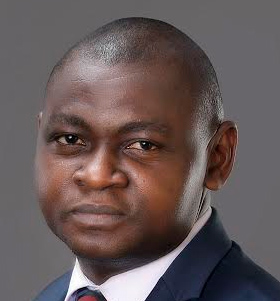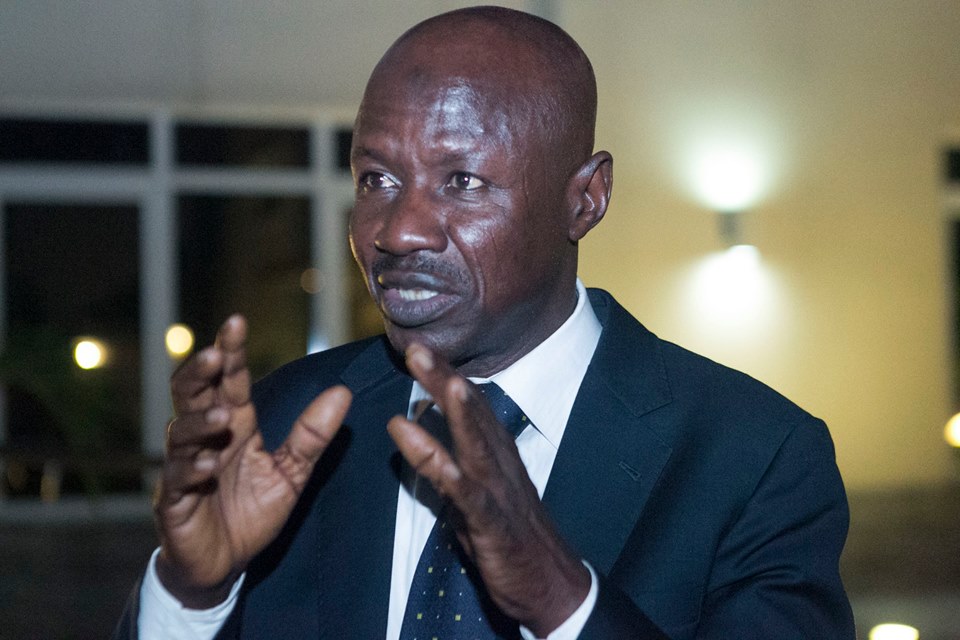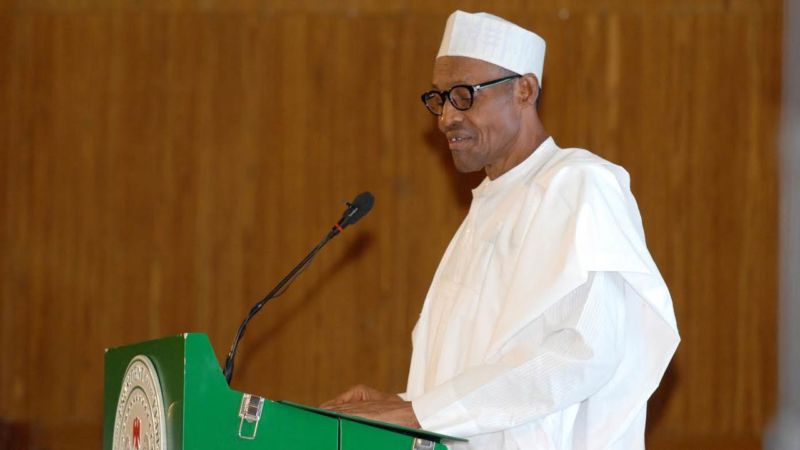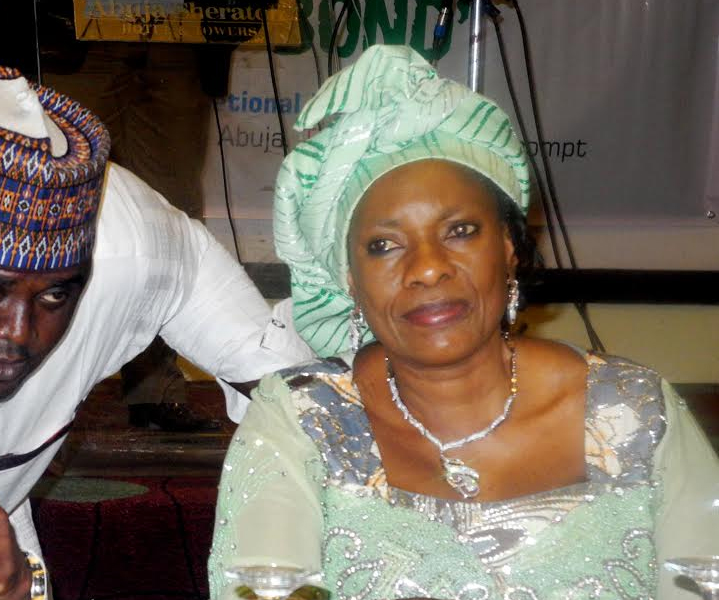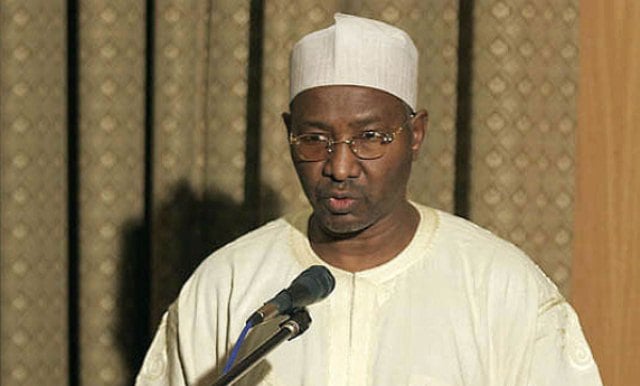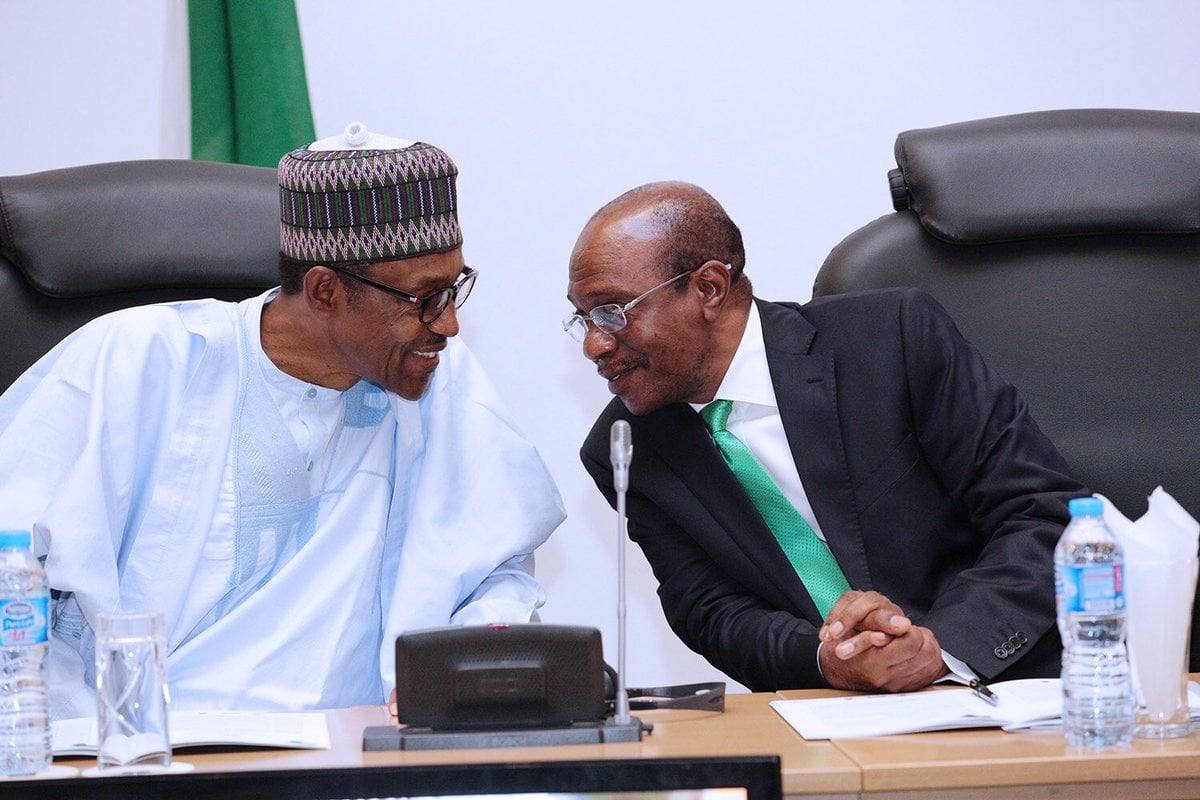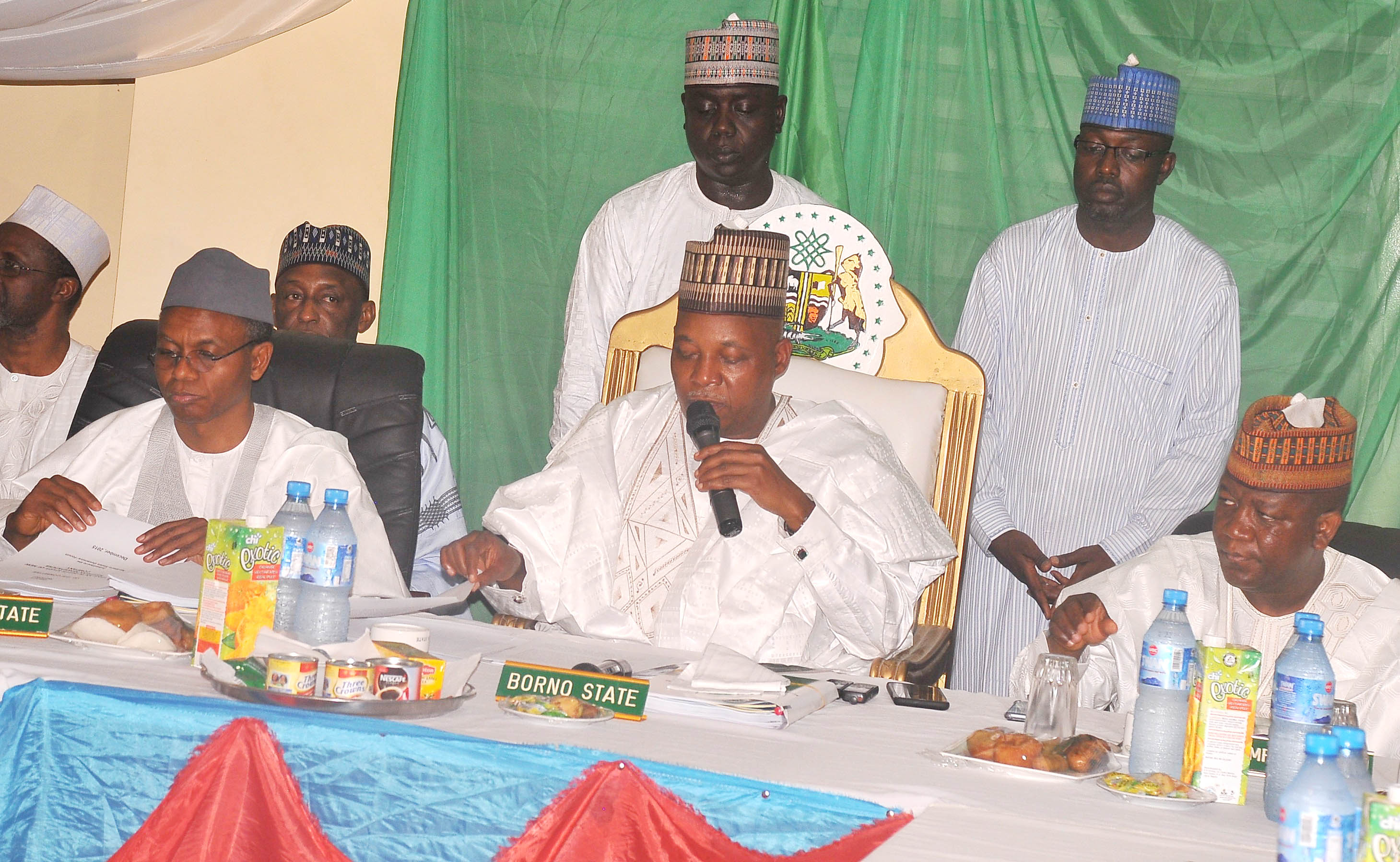In over a decade of operations since the Economic and Financial Crimes Commission (EFCC) was set up by former President Olusegun Obasanjo’s administration, how many Nigerians has the EFCC impressed for its stellar and outstanding performance so far? How many high-profile corrupt politicians and individuals has it successfully prosecuted and brought to justice to the admiration and commendation of the Nigerian people?
While I leave you to ponder on that question and draw your conclusions, I am afraid that the commission is on the verge of totally stripping itself of the remaining honour and respect from Nigerians if the proposal made few days ago by Ibrahim Magu, its acting chairman, concerning looted funds recovered by the EFCC, is allowed to sail through.
In case you missed news reports on Magu’s proposal, I’ll try to update you. At the national anti-corruption conference organised by the Professor Itse Sagay-led Presidential Advisory Committee against Corruption and the National Assembly in Abuja last week, the EFCC boss, in his presentation, canvassed for a review of the country’s laws to enable anti-graft agencies in the country retain a percentage of recovered loot to fund their operations. According to Magu, ‘this review will be in line with international best practices.’
Here’s how he specifically defended and justified his agenda: “In some jurisdictions like the UK, proceeds of crime are further used to strengthen the agency. In EFCC, we have been struggling for years to build our headquarters and when I think of the billions of naira we recover, I can see what would have happened if we are allowed to apply a percentage of this recovery into our operations.”
Advertisement
Not done, Magu, whose speech was delivered on his behalf by David Tukura, the EFCC’s Deputy Director of Planning, Policy and Statistics, also advocated for the country’s anti-graft laws to be amended to place the burden of proof in corruption cases to accused persons.
Now, let me make this clear. If the EFCC is no longer content with its approved budget and other grants it gets to carry out its work but is already developing funny ideas about the massive funds it is recovering on behalf of the government and the Nigerian people, then, we must know there is a lot to fear and seriously worry about about this corporate steward.
On Magu’s first proposition for a revision in our laws to enable anti-corruption agencies like the EFCC retain a percentage of recovered loot to fund operations, I think it is one that can be abused and misused if granted. It can bring systemic corruption into these anti-corruption commissions. I find it worrisome and unfortunate that Magu and his team at the EFCC would consider such recommendation and even make it public in the way they have done.
Advertisement
If you ask me, I think the EFCC’s request can be likened to a policeman, who helps an innocent person recover some money stolen from him by robbers, but wants to be settled with a part of the recovered funds, and is unashamed to audaciously demand for it, even though he has done nothing spectacular really, other than carrying out his job which he voluntarily applied for, which he agreed to do, and which he is also being officially paid for!
Honestly, it is an inappropriate and indecent request that should not be entertained let alone honoured. Despite its lofty mandate, the EFCC has not been very exemplary and impressive in the way it conducts its operations. The commission has been more of showmanship of arrests and court arraignments rather than convictions and appropriate judicial sentencing of corrupt looters of our commonwealth.
Again, the EFCC has not been as thorough in its investigations as Nigerians would have loved and expected it to be, a situation which often leads to its lawyers being messed up by defence advocates in court. This is why I’m not surprised Magu is equally advocating that the burden of proof in corruption cases should now be placed on accused persons. Good as that idea may seem, it is a lazy one from the EFCC. As a matter of fact, the commission and its officers can be more diligent in their functions.
Meanwhile, in a jurisdiction like the UK which Magu talked about, for instance, the Serious Fraud Office (SFO) which was created and given its powers under the UK’s Criminal Justice Act 1987 and established in 1988, investigates and prosecutes serious or complex fraud, corruption, bribery and proceeds of crime, and is accountable to the Attorney General. To cover its expenses, the SFO operates on an annual budget.
Advertisement
Although the SFO used to receive a proportion of sums it recovered from confiscation orders and civil recovery proceedings under the Asset Recovery Incentivisation Scheme (ARIS), but that was until 2014. It no longer obtains. Now, its budget is only supplemented when necessary by additional funding agreed with the UK Treasury.
On its part, the UK’s National Crime Agency (NCA), which has the task of stopping organised crime in the UK and bring to justice criminals who pose the highest risk to the country, doesn’t argue to withhold part of funds it recovers from criminals like Magu would want the EFCC to be given the go-ahead to start doing.
What the Home Office does is to negotiate the NCA’s budget with the Treasury in consultation with the agency’s Director General. The NCA also makes public its total funding and spending every year. And the agency’s annual accounts are audited by the UK’s Comptroller and Auditor General who lays them before the Parliament. All of these are to promote openness, transparency and accountability.
Coming back to the EFCC, when was the last time it had its accounts audited? The commission is far from transparent while its processes and procedures are far from international standard. There are suspects who have even died under suspicious circumstances in its custody. Clearly, the EFCC must not continue to carry on the same way it has done so far. It needs to up its game.
Advertisement
That is why Magu cannot be proposing an idea that is prone to abuse and corruption and has been discarded or checkmated in other tested jurisdictions as part of the way forward for us here.
Whatever the EFCC recovers should be sent to the federation account. The commission can then present its case for additional funding where necessary to the government. I feel this is a better approach.
Advertisement
And since Magu is so concerned about the construction of the EFCC’s headquarters, his request is now public. I’m sure the Presidency is paying attention and will work on how that can be delivered to boost the operations of the commission.
If the EFCC’s proposal is accepted, we risk the re-looting of looted funds by those entrusted to help curb the menace. Like the NNPC did for years, it would start pulling the wool over the eyes of the government and Nigerians because of the need to cover up its cesspool of corruption.
Advertisement
And that, my friends, will be a calamity of monumental proportions for our country and the efforts to stop corruption in government. In our collective desire to see improved infrastructure, accelerated development and the provision of a better and more-meaningful life for all citizens wherever they may across the country, Magu’s proposal should remain what it is – a proposal. Such proposal is certainly not in Nigeria’s best interest. I believe it should be thrown aside. My patriotic token.
Please follow me on twitter: @ofemigan
Advertisement
Views expressed by contributors are strictly personal and not of TheCable.
Add a comment
